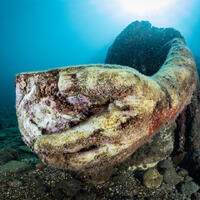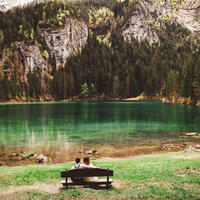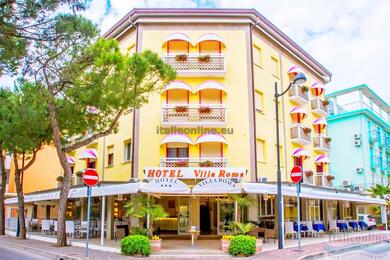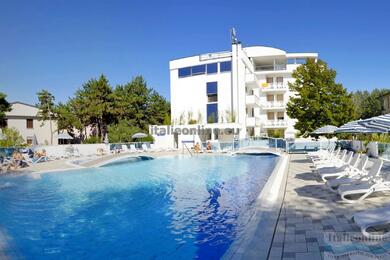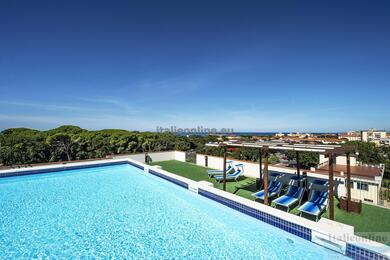Procida, a quiet island in the Gulf of Naples, often finds itself overshadowed by its larger neighbours such as Capri and Ischia. Despite its smaller size (just 4.1 km²), Procida has become a popular destination for those seeking an authentic Italian Mediterranean experience, away from the crowds.
History and culture
Procida has a rich history that dates back to antiquity. It has been influenced by various cultures over the centuries, including the Greeks, Romans and Norman conquerors. The island's architecture, especially in the capital, bears traces of these influences. The historic centre of Terra Murata is home to ancient fortresses and monasteries, such as the Abbey of San Michele Arcangelo, which is considered the cultural heart of the island.
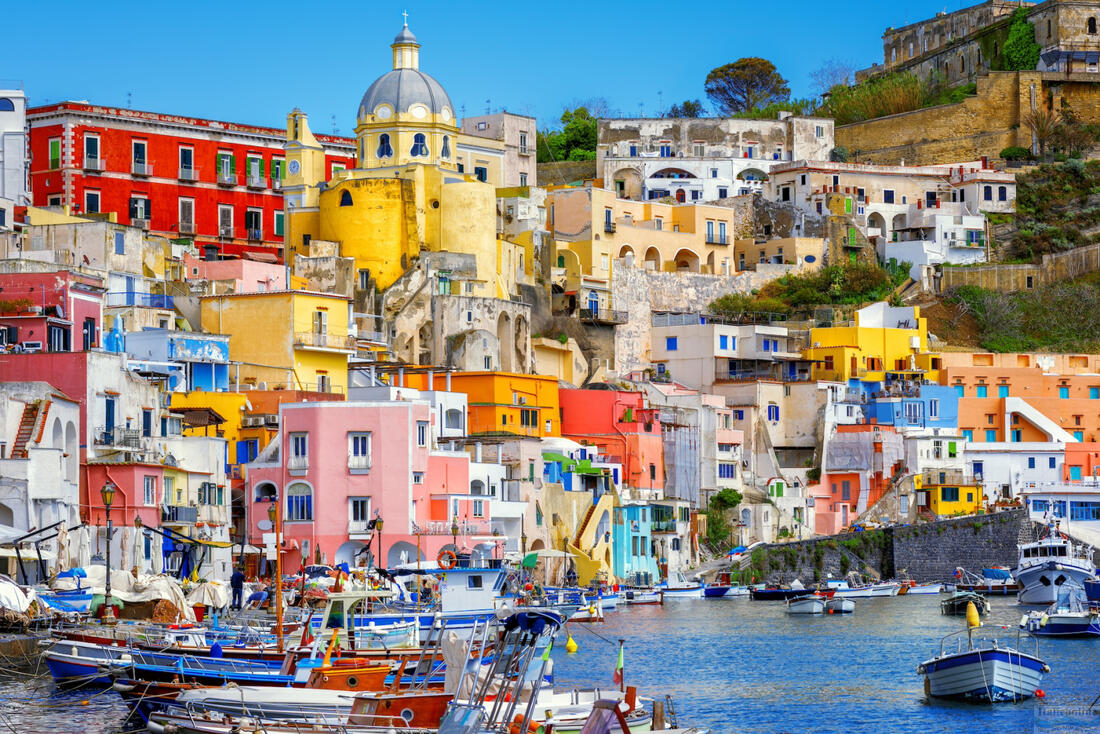
The island is also famous for its fishing tradition, which is still alive. The colourful fishermen's houses that line the Marina Corricella are one of the most photographed places on the island.it is said that the houses were painted in different colours so that the fishermen could recognise their houses from a distance when they returned from the sea. This custom has become an iconic part of the island's environment. This small fishing town with its brightly coloured houses is like something out of a postcard. It is the oldest fishing port on the island and its traditional atmosphere instantly transports you to another world. the narrow streets, stairs and houses built on top of each other create a unique labyrinth. The place is popular not only with tourists but also with filmmakers - many scenes of the movie Il Postino (The Postman) were filmed here.
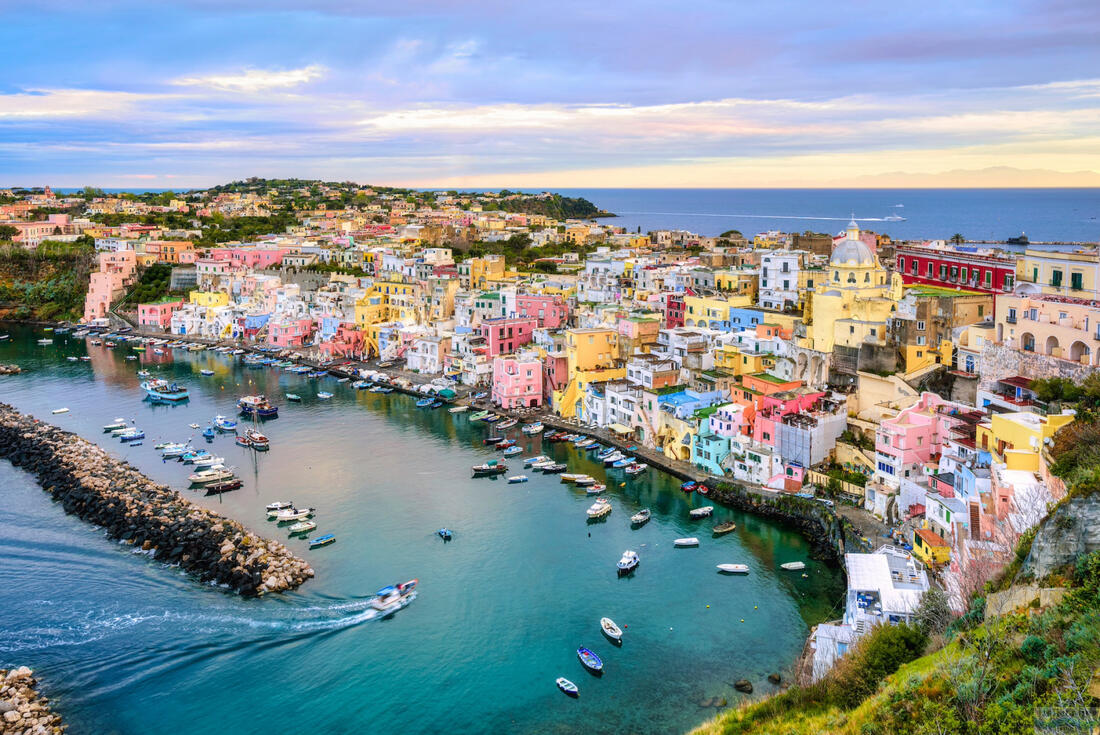
Beaches and natural beauty
Procida is characterised by its beautiful beaches, steep cliffs and rich Mediterranean vegetation. Among the most popular beaches is Spiaggia di Chiaia, located under the highcliffs and offers breathtaking views of the blue waters of the Tyrrhenian Sea.
Another popular destination is Pozzo Vecchio, also known as "Postman's Beach", thanks to the scenes from the aforementioned film Il Postino.
In addition to the beaches, the island is also good for hiking. Small villages connected by winding streets and paths offer unforgettable views of the blue sea and the diverse flora and fauna.
Connected to Procida by a bridge is the small island of Vivara, which is a protected nature reserve. This uninhabited island is ideal for nature lovers and hikers. There is a rich flora and fauna here, including many species of birds that come here during migration. Vivara Island is also home to an archaeological site dating back to the Bronze Age.
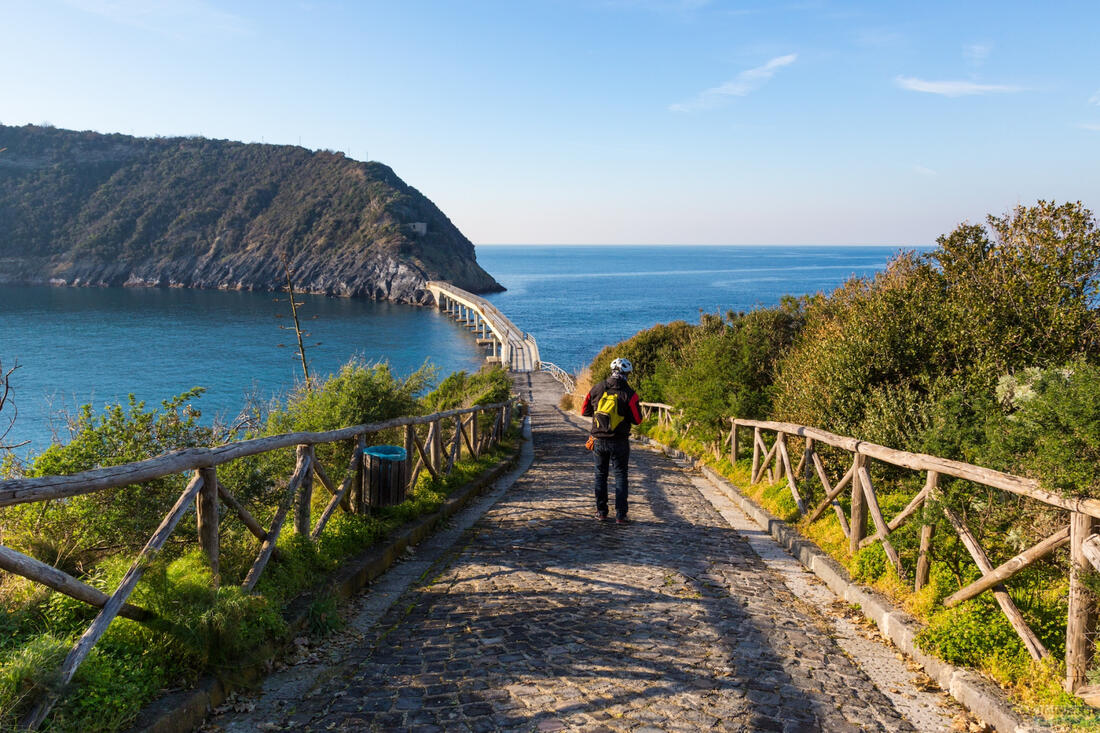
Local cuisine
The island's cuisine traditionally focuses on fish and seafood. Popular dishes include linguine with sea urchins, fish soup and the typical 'Procida rabbit'.
Also popular here is limoncello, a lemon liqueur made from lemons grown right on the island.
How to get here?
Procida is accessible by boat from Naples, which takes approximately 30-45 minutes. The island is an ideal destination for a day trip, but also for those who want a longer rest. Unlike larger tourist destinations, Procida has retained its quiet and authentic character.


